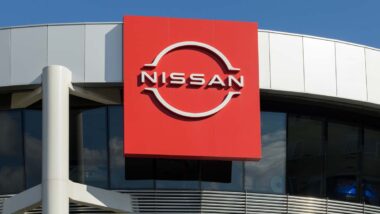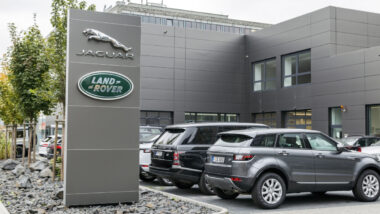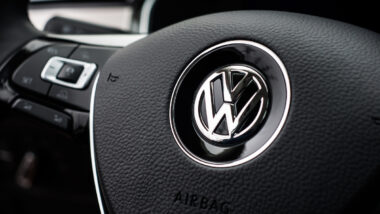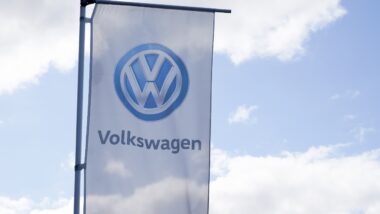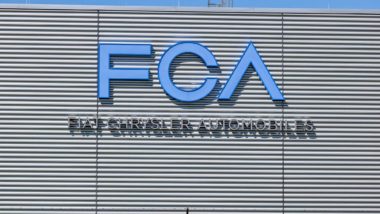Top Class Actions’s website and social media posts use affiliate links. If you make a purchase using such links, we may receive a commission, but it will not result in any additional charges to you. Please review our Affiliate Link Disclosure for more information.
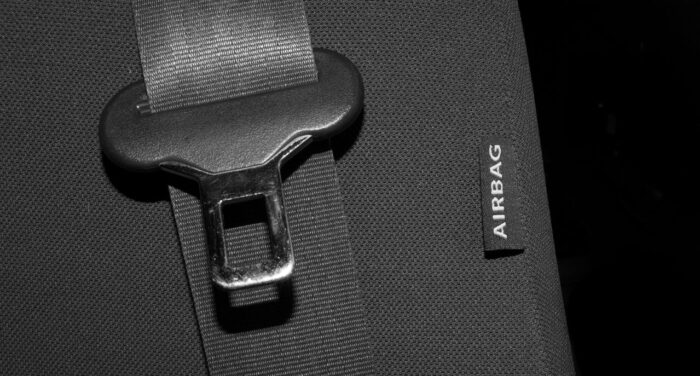
Auto Parts Price Fixing Class Action Lawsuit Overview:
- Who: Four car companies belonging to the PSA Group, including Peugeot, sued a group of car safety systems makers.
- Why: The car companies allege the auto parts makers conspired together to ramp up the prices of seatbelts and airbags.
- Where: The case is in the High Court of Justice of England and Wales.
European car manufacturers are going head-to-head with suppliers of their safety fittings, alleging a group of auto parts manufacturers conspired to push up the prices of items like airbags and seatbelts, a class action lawsuit alleges.
Four companies belonging to the PSA Group — which owns Peugeot, Citroën, Opel and Vauxhall — launched the action in April against 11 auto parts manufacturers in a UK High Court, seeking £534 million in damages, Law360 reports.
The car companies allege their suppliers operated a price-fixing cartel that made them pay more for seatbelts, steering wheels and airbags.
PSA reportedly alleges that the components were requested annually, and the suppliers would bid on them. However the defendants allegedly colluded on their bid prices, to keep prices high.
The European Commission has already fined 11 companies for coordinating together to set prices for the auto parts, which in turn increases the price paid by consumers at the lot.
The defendants include Toyoda Gosei Co. Ltd., Tokai Rika Co. Ltd. and Autoliv Inc.
On Oct. 21, Toyoda Gosei Co. Ltd. hit back against the lawsuit, arguing that, even if the auto companies did end up paying more for seatbelts and airbags, they wouldn’t have suffered any damages because they would have just passed the costs onto the consumer.
The four companies in the PSA Group are suing for violations of European Union law. They say prices were forced up between about July 2004 and March 2011.
Meanwhile, Britain’s Supreme Court is hearing arguments from the drug companies Pfizer and Flynn Pharma who say a government agency should cover the costs of an £89.4 million antitrust lawsuit alleging the price-fixing of an anti-epilepsy drug.
What do you think of the allegations in this auto parts price fixing case? Let us know in the comments!
The plaintiff is represented by Colin West QC of Brick Court Chambers, instructed by Hausfeld & Co. LLP .
The PSA Auto Parts Price Fixing Class Action Lawsuit is PSA Automobiles SA and others v. Autoliv Inc. and others, Case No. CP-2020-000023, in the High Court of Justice of England and Wales.
Don’t Miss Out!
Check out our list of Class Action Lawsuits and Class Action Settlements you may qualify to join!
Read About More Class Action Lawsuits & Class Action Settlements:
- Mercedes Hit With Another Class Action Lawsuit Over Emissions Testing Scandal ‘Dieselgate’
- Volkswagen Slapped With Another ‘Dieselgate’ Class Action Alleging Emissions-Cheating Software
- Up to 1.2 Million Could Seek Damages in Mercedes-Benz Emissions Scandal, Lawyers Say
- Honda Recalls Nearly 78K Vehicles in UK Over Fire Risks



